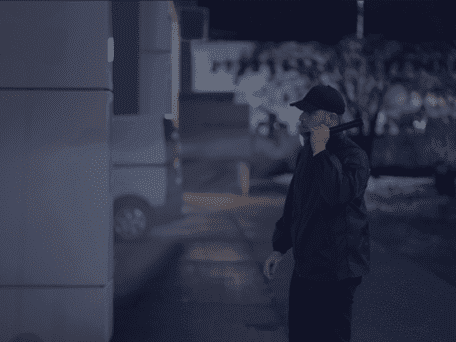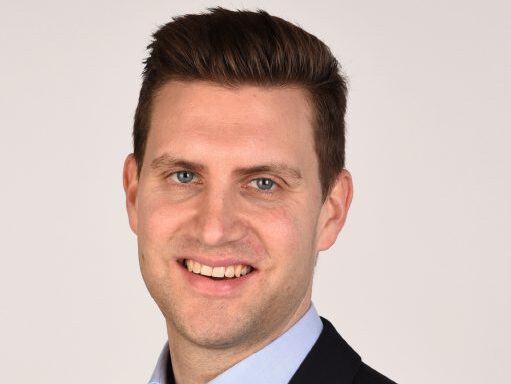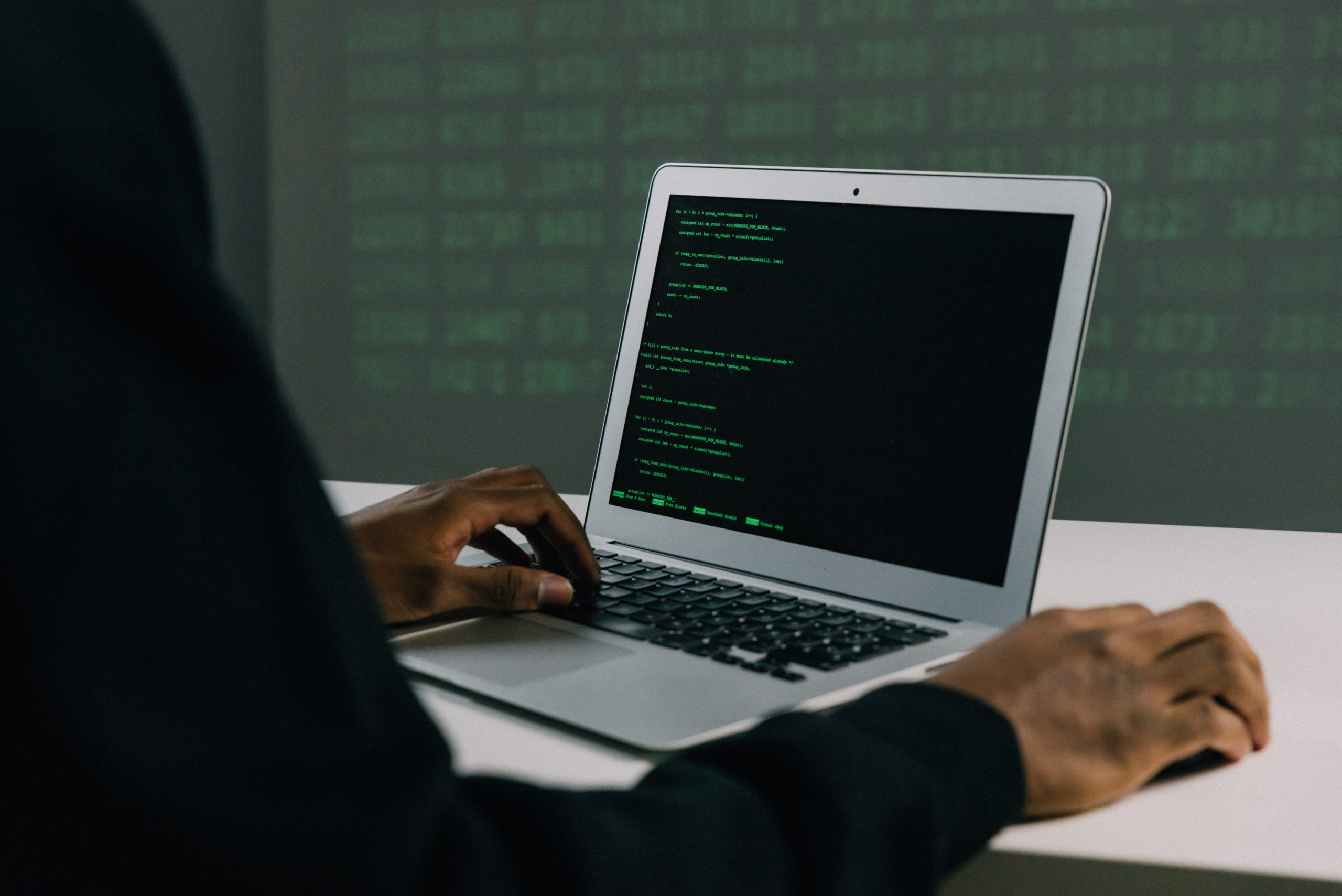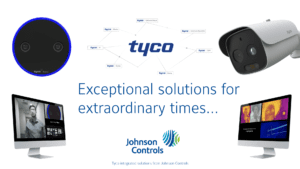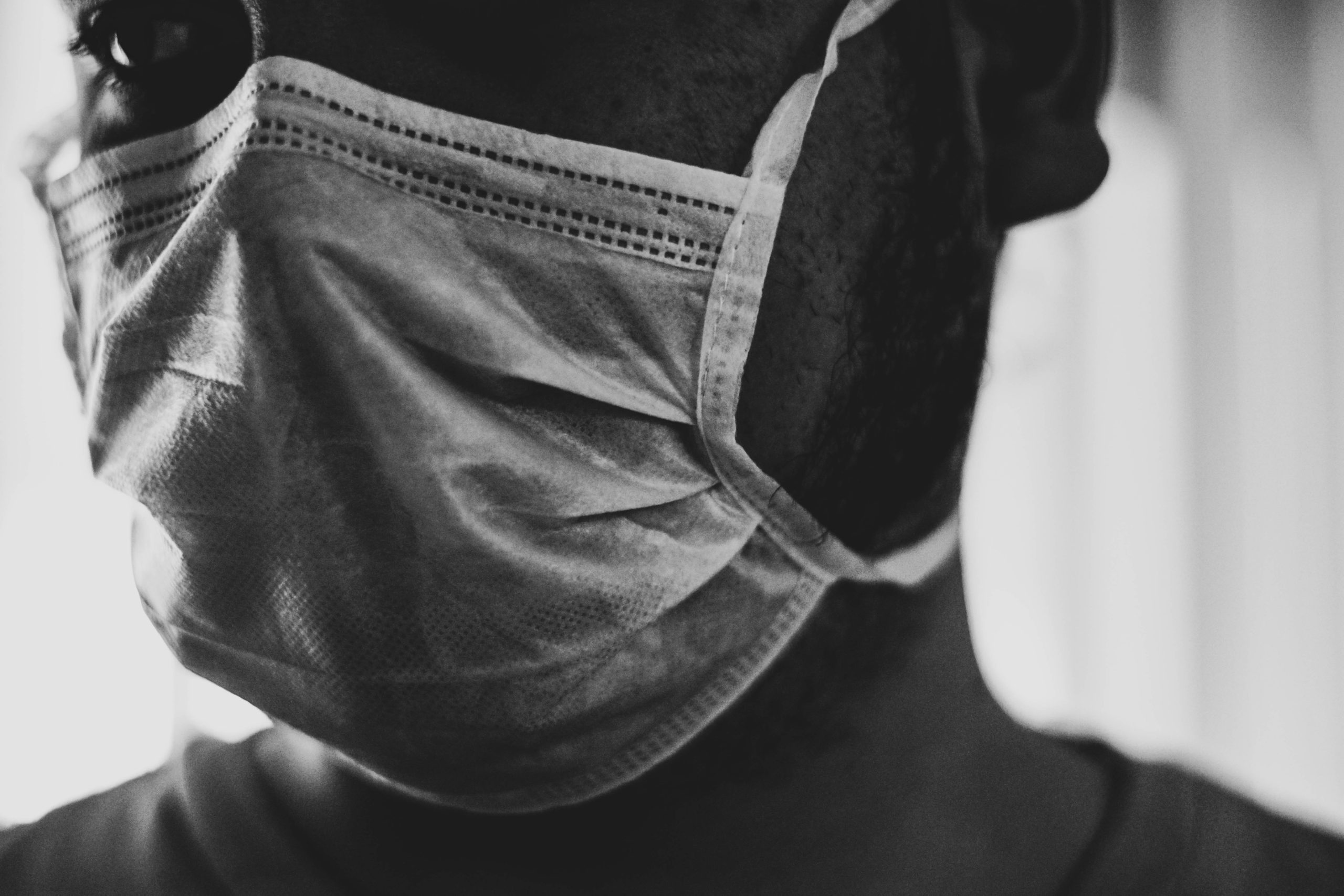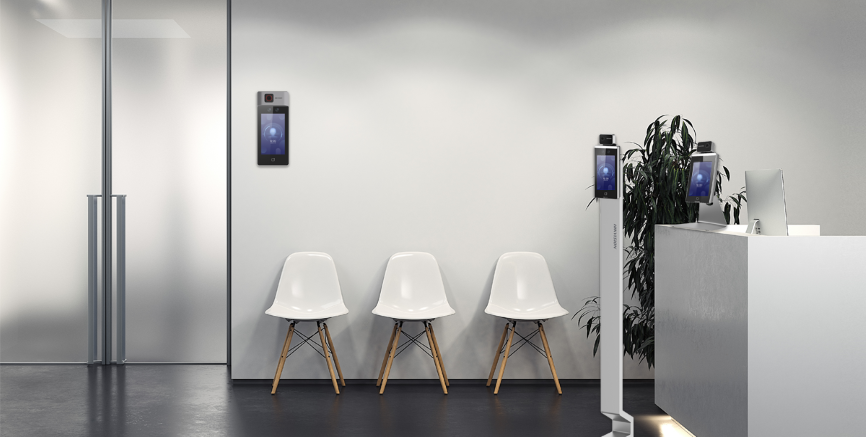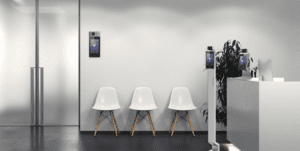Hiya, the industry leader in fraud and nuisance call protection, has today issued a warning about the rising numbers of coronavirus scammers targeting victims with promises of a cure for Covid-19.
As highlighted in the company’s latest State of the Call report, Hiya first started seeing instances of coronavirus-themed scams in user complaints in late January. In recent weeks, scams selling fake health insurance, home sanitation services, and even products that claim to cure the virus have soared by 1,544% across the world. According to Hiya’s analysis, the trend shows no signs of slowing either, with coronavirus-themed scams increasing 174% per week over the past fortnight.
These scammers target victims through cold calls in order to sell them a range of services and products that promise to prevent or cure the virus. Victims are encouraged to pay for these services upfront and over the phone, for items that never arrive. Alternatively, the scammer may ask for personal details, such as a date of birth or address, in order to determine whether a person is eligible for certain services. Handing over such private data to scammers enables the criminals to commit identity fraud.
The UK areas worst hit by these coronavirus scam calls include: London, Edinburgh, Manchester, Bristol, and Newcastle.
Alex Algard, chief executive of Hiya, said: “Now more than ever, people need to use the phone for vital calls and to keep in touch with their loved ones. Scammers are taking advantage of people’s high anxiety at this time and we urge people to think twice before handing over personal details to any caller. Our detection software was built to make sure important calls from schools, hospitals and authorities can be identified and that people can have trust in the phone call.”
This latest Covid-19 scam is part of a long list of phone scams – including the Wangiri scam that has hit the UK hard in recent months – that have targeted people across the UK, and globally, as identified in Hiya’s latest State of the Call report.
Originating from the West African Atlantic Coast, the Wangiri scam is also called the “One Ring” scam because seconds before a victim can pick up the call, the culprit hangs up. In some instances, scammers will leave a message urging the victim to call a number to either receive a so-called raffle prize or find out about a sick relative.
According to Hiya’s analysis, spam calls in the UK grew to 7.3 billion in 2019, up 86% compared to the previous year. This puts the spam rate in the UK at 16%, matching that of the US. On average, households receive 11 spam calls per month. In addition to the worst-hit regions, the newest addition to the list over the past quarter is in Portsmouth which is being particularly targeted by cold-callers who are falsely claiming to be from Citizens Advice to scam people out of their money.
For more security news visit here.

